“You can go to a darker place if you loosen the audience up with a little bit of humour”: Jonathan Nolan and Aaron Moten on Fallout
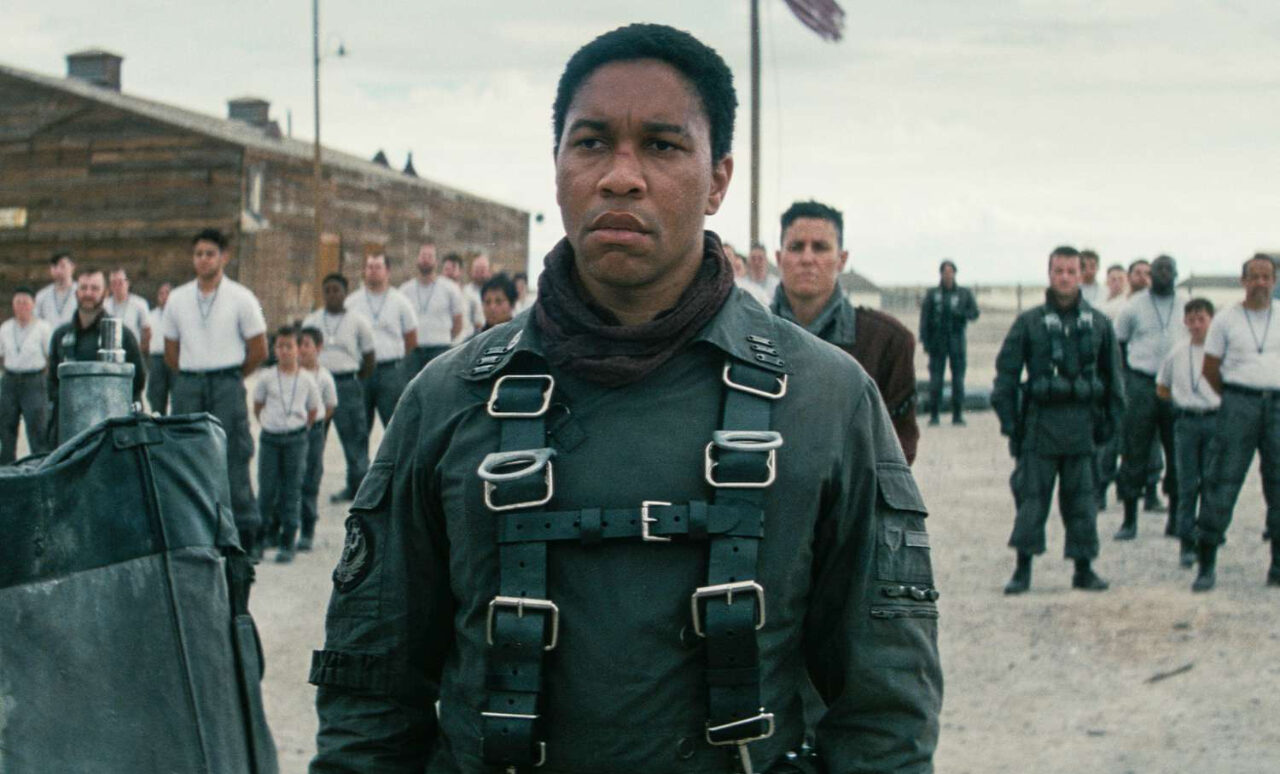
The new eight-part series Fallout brings to screen an original storyline that comes from the popular game of the same name. The narrative focuses on a post-apocalyptic world where war has ravaged the city of Los Angeles and the fallout has seen humanity survive underground, where Vault Dwellers have created a world of peace and intelligence. When Lucy (Ella Purnell) leaves her safety net of Vault 39, she encounters a world of violence where every man is out for himself. Between herself, Maximus (Aaron Morton) and The Ghoul (Walton Goggins), viewers will see an intense fight for survival in this new reality underpinned by violence, humour and emotional layers.
The Upcoming had the pleasure of speaking to the director Jonathan Nolan about bringing this exciting venture to viewers and with Aaron Moten about taking on his role as Maximus in his action-packed story.
Aaron, how did you prepare to play your character in Fallout and how did you connect with that role?
Aaron Moten: Well, it always starts on the page, especially with a series that’s been adapted from a video game. Of course, these characters are original to this story but it always starts from the page… It feels like a treasure map. There are so many variables you never could guess that will arise when you are filming, and for Maximus, he’s lived his whole life in the Wasteland, born and raised. So the real challenge was developing a person who thinks differently than the way we do today; what he sees or might experience in his life. There are some things we might relate to, but there’s a lot of internal conflict within him that is born out of the circumstances of the Wasteland: how he might be more used to distrust in people or his moral compass is pointed in a different direction than what we might be used to.
Tell us about creating the post-apocalyptic world of Fallout.
AM: I was guessing that it might be physically challenging filming this, but I don’t know if I had the stamina for this shoot. One of the biggest relievers of stress was our amazing scenic designer Howard Cummings and his team. I really did feel like these playgrounds we had every day were miraculous. Those were visuals that I could pull from the video game screenshots before I even showed up to work and they felt exactly translated.
Jonathan Nolan: Look, when you’ve got a fantastically talented cast, we could shoot the whole thing on a green screen…but one of the things I learned as a filmmaker coming up with my brother was that if you can make it as real as possible, even with brilliant actors, you free up all that brilliance to tackle richer material than just imagining the world around them. This is why, instead of tasking our vis[ual] effects department, who are very talented, with building a world for us, we’d pack an overnight bag and drag our cast and crew down to the skeleton coast of Namibia or out to the western salt flats of Utah, so that the awe on their faces is real and then they can concentrate on all the really difficult stuff, all of the character emotionality, but that the landscape, the vistas are real. So I think that helped.
AM: I always have this analogy of carrying books for acting up the staircase – if someone takes a few of the books from you, it lets you reinvest more in the books that you do have to carry up the staircase.
Jonathan, you’ve said that this series is the closest thing to a comedy that you’ve ever been involved in. Was it a struggle to find the right comedic tone considering how bleak this universe is?
JN: I think we took our inspiration from the games…really what you’re adapting is the tone. When I first played Fallout 3, the better part of 15 to 20 years ago, that experience stuck with me because of the tone. It’s specifically this delicious cocktail of darkness, emotion, violence, and political satire and humour, which may not be to everyone’s taste, but it was something I’d never experienced before and found addictive. The feeling that this thing could be so many different things. From the beginning, we partnered with Geneva and Graham, these brilliant showrunners. Geneva’s background is more like mine in that she comes from the comic book movie world; Graham’s background is from comedy, Portland, the American version of The Office and Silicon Valley. Bringing those two brilliant writers together, putting all our sensibilities together, felt like our best path to try and recreate that tone. It was for me the first time really shooting comedy. We’ve always tried to put in lighter moments, and I’m probably responsible for some of the lighter moments in my brother’s movies over the years in our early collaborations. You want to get the best – and you can go to a darker place if you can loosen the audience up with a little bit of humour. I think that’s one of the things that Fallout does. For me, this was the first time sitting with a comedy writer, extremely gifted comedy actors and Aaron, and a chance to play, to sometimes set the script aside for a second. One of my favourite moments of production was in Namibia: the sun was setting on this incredible abandoned diamond refinery on the skeleton coast. We were going to lose the light and the image looked like Lawrence of Arabia and we were telling dick jokes! Graham turned to me and said, “I got this, it’s Tarkovsky with jokes” and I thought, “I don’t know if everyone’s gonna get that… but I’m fully here for that!”
Ezelle Alblas
Fallout is released on Prime Video on 11th April 2024.
Watch the trailer for Fallout here:

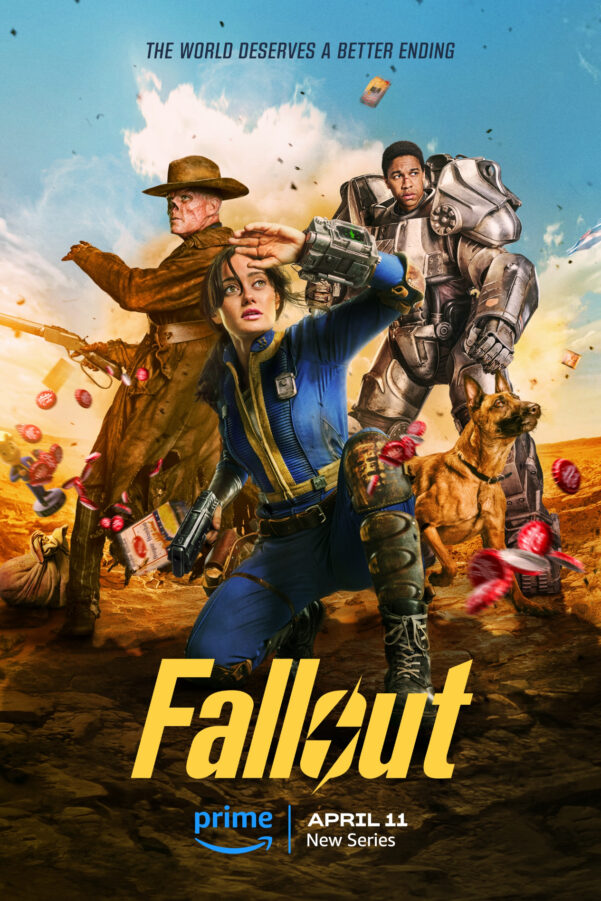
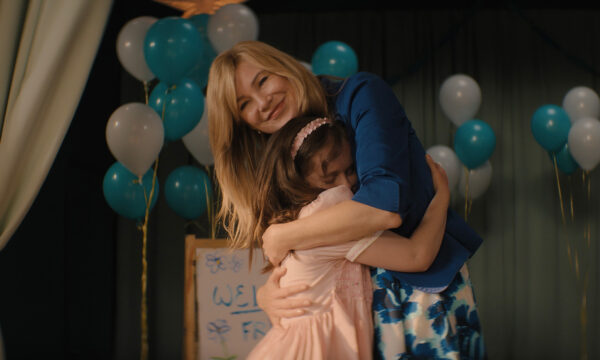
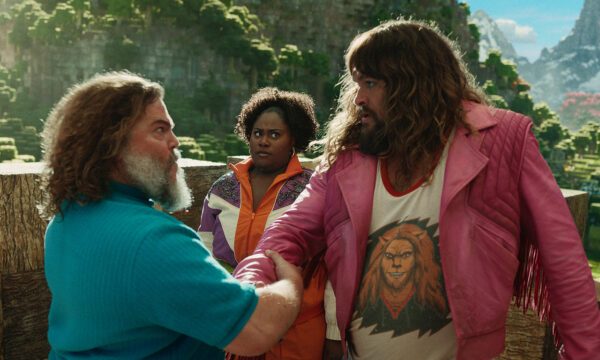
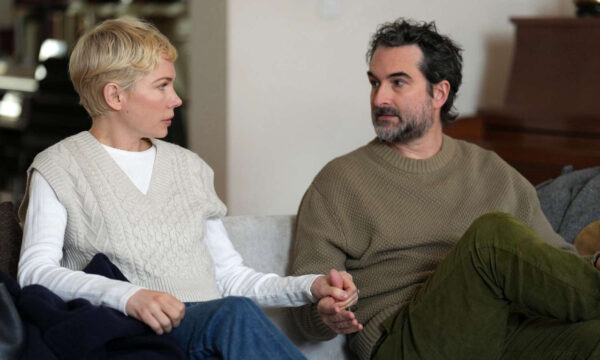
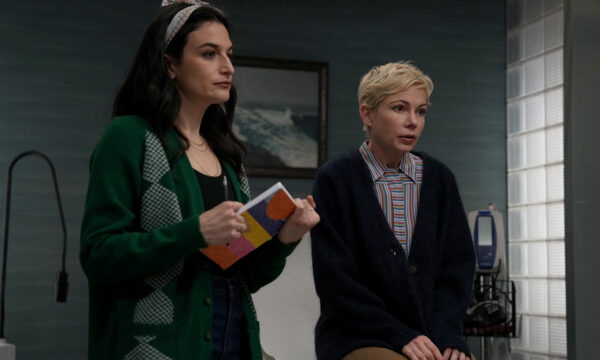


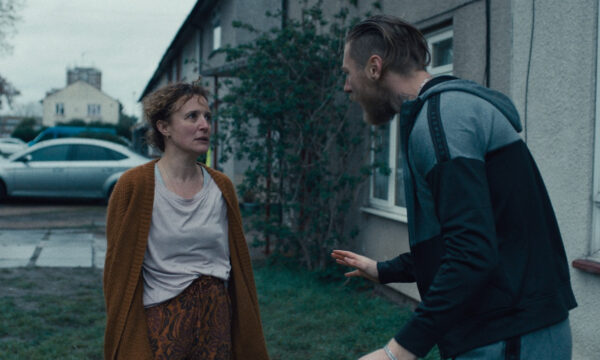











Facebook
Twitter
Instagram
YouTube
RSS